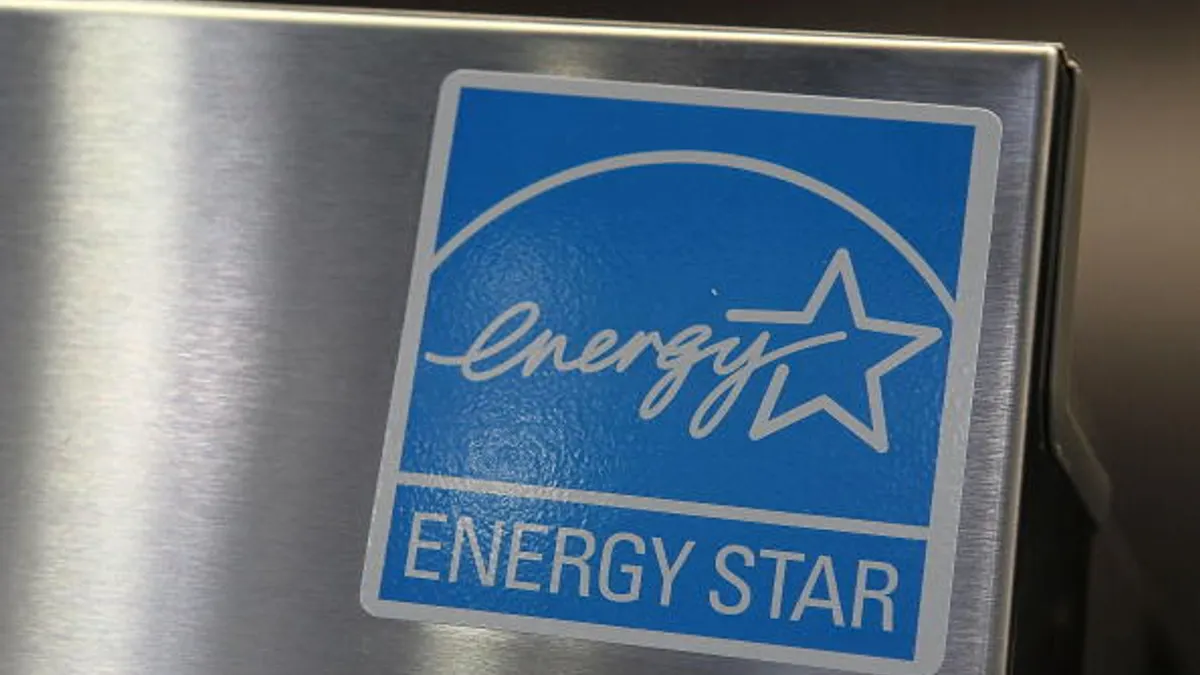Dive Brief:
-
The United States Court of Appeals for the Second Circuit on Wednesday rejected claims by renewable energy developer Allco that challenged Connecticut’s renewable energy procurement solicitation.
-
The appeals court dismissed Allco’s claim that Connecticut’s renewable solicitation preempted the Federal Power Act by compelling a wholesale power transaction. It is the first time a federal court has interpreted the 2016 Hughes v. Talen Supreme Court case, which struck down a Maryland generation support program.
- The appeals court also dismissed Allco’s claim that Connecticut violated the dormant commerce clause of the U.S. Constitution by including deliverability requirements in its renewable solicitation.
Dive Insight:
The Allco case, which involved several separate cases that worked their way up through district courts, presented potential challenges to the structure of states’ renewable energy solicitations and renewable portfolio standards.
Allco Financial, an affiliate of developer Allco Renewable Energy, was rebuffed twice by a federal court that ruled the company did not have the legal standing to bring the case. But Allco reframed its case and won an injunction in district court barring Connecticut from awarding contracts stemming from its renewable energy solicitation.
The injunction was later lifted, but Allco appealed the district court ruling to the appeals court. The appeals court has now upheld the district court ruling.
“The opinion is particularly significant because it is the first federal court decision to discuss the scope of the Supreme Court’s 2016 Hughes decision,” said Ari Peskoe, senior fellow in electricity law at Harvard Law School's Environmental Policy Initiative and manager of the State Power Project website.
Hughes v. Talen Energy Marketing struck down a Maryland program seeking to encourage the building of in-state power generation. It is seen as a pivotal case in defining the bounds between state and federal jurisdiction in energy policy.
The appeals court ruled that Connecticut’s renewable RFP does not “compel” utilities to enter into wholesale purchases in violation of the Federal Power Act, which gives the Federal Energy Regulatory Commission exclusive jurisdiction over wholesale power markets.
The court based its ruling on the finding that Connecticut's RFP does not obligate utilities to sign contracts with a winning bidder. That draws an important distinction between the RFP and Maryland's program, which sought to ensure supported generation would clear auctions in the PJM power market, which is under federal jurisdiction.
The appeals court found that Connecticut’s bilateral contracts, which are subject to FERC review, and are “precisely what the Hughes court placed outside its limited holding.” For instance, the RFP does not require bids “tethered to a generator’s wholesale market participation.”
“The Second Circuit’s interpretation of Hughes will inform district courts that are weighing motions to dismiss claims about zero emission credits (ZECs) for nuclear plants,” Peskoe said.
Challenges are being mounted against ZECs in Illinois and New York, even as Ohio, Pennsylvania and New Jersey consider options for nuclear subsidies.
On the dormant commerce clause issue, Allco challenged the requirement in Connecticut’s RFP that Renewable Energy Credits come from a resource in ISO-New England or an adjacent region. Allco had sought to qualify a project in Georgia and claimed that disallowing that project was discrimination and a violation of the dormant commerce clause of the Constitution.
In its ruling the appeals court cited the district: “RECs are inventions of state property law … and Connecticut has invented a class of RECs that differs from” RECs produced in Georgia.
The court also found that the dormant commerce clause argument does not apply because Connecticut’s RPS program creates a market for RECs, rather than impeding an existing national market.
Peskoe noted that the appeals court finding on preemption will likely provide “fodder for both sides of the pending ZEC cases.” Proponents will point out that their ZEC programs do not require participation in FERC regulated competitive markets.
Opponents, on the other hand, will highlight the court’s “significant” finding that any contracts resulting from an RFP are under FERC's jurisdiction.












